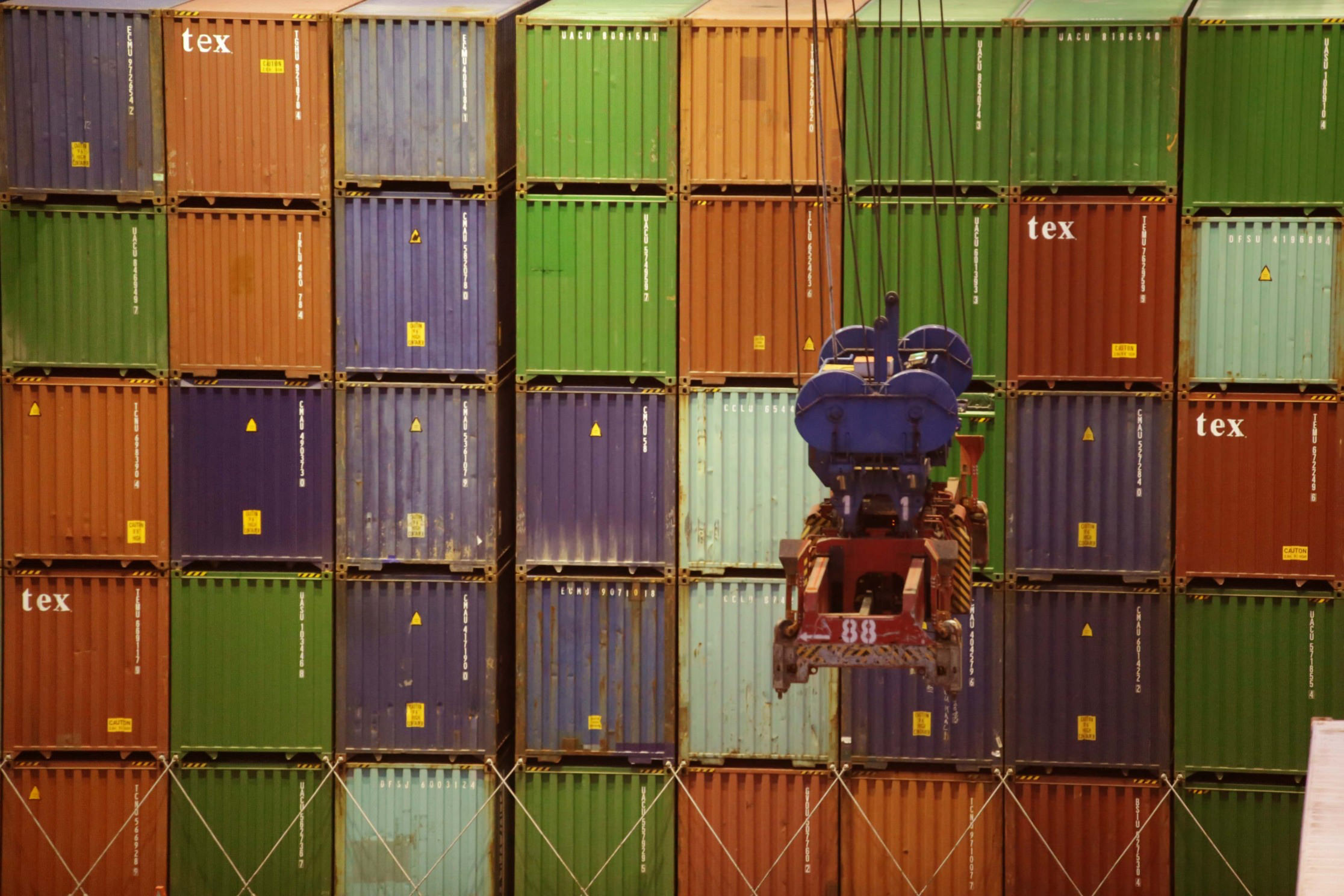“Trade is in rapid decline the world over, and steeper declines are on the horizon. A swift approach is required from governments’ and businesses’ to reassess their current supply chains. Now is the time to use the downturn as a time to establish new relationships and forge alternative solutions to the supply chain pains being felt across the globe. There is a growing network of crippled businesses waining from the shock of dwindling stock reserves amidst supply chain woes. Various industries are reshuffling their supply chains and re-evaluating what they deem to be essential for their businesses to progress through the complications. The growing shortages of manufactured goods that consumers rely on are hugely worrying for small business, in particular, those who thrive on shorter runs and consistency of movement.”
The future of trade is in the hands of the ones that take decisive action early enough to reignite commerce by redesigning supply chains that are more robust, reliable and sustainable. Not an easy feat when countries look inward to develop their local supply chains in an effort to be less reliant on external economies for essential products. Complexities arise when rattled economies focus on protectionism instead of globalisation.
Every economy is vulnerable and rethinking the relationships of nations, in the context of Fair Trade, Free Trade, and common cause should be the top priority. The predicted plunge on global trade is predicted to cut deeper than the great depression. The decisive action of nations and collaboration between borders should be and must be acted upon immediately.
Companies on the frontlines who reply on import and export to function are feeling the devastating impacts of the COVID-19 pandemic as the prices for shipping goods have soared. Diversification is the key to moving ahead; pooling of resources is required to lessen the risk on deeply connected economies. Deglobalisation is what governments are currently discussing, but we are unsure as to the longstanding viability of deglobalisation. We need to lift each other to secure a safety net that is logical and forward-thinking.
The ramifications of the escalating tensions between America and China deepen global supply chain pain, and the countries more closely tied to either America or China are caught up in the headwinds of the clashing titans. For Australia and New Zealand, we walk the tightrope of navigating extremely tricky diplomatic issues that are hinged on our trade relationships with China. Our reliance on exports into China to prop up GDP places us in a very precarious position when our alliances are with America, but our trade dependence is with China.
Media channels have voiced Chinas contempt for Australia’s stance on the COVID-19 independent inquiry requests that originated in the US but are strongly supported by Australia. The Chinese government view Australia as a puppet that supports America’s ideologies to bring down an advancing China, and in retaliation, China has threatened to impose tariffs on Australian barley. Australia’s barley exports to China were worth A$1.4 billion ($915 million) in 2017, according to the government. Australia and China entered a free-trade agreement in December 2015. Australia is the most China dependant developed economy in the world, so we stand to lose exponentially more if China begins to view Australia in the same light as it does America.
To reassess your supply chain infrastructure, make contact with Strategy Hubb today. We can assist with the following;
- We can identify the forces that will impact your supply chains to understand better what your options might be.
- We can re-strategise your business-critical activities that connect, your products, services and business processes.
- We can analyse your current systems and system infrastructures to determine your risks.
- We can work with you to strategise alternative supply chains and the cost implications of diverting activity to other sources.
Our four key points of business understanding will enable your company to emerge sooner and stronger from the downturn with alternative options. Time is of the essence, so make contact today. We have several offices internationally that can assist.




